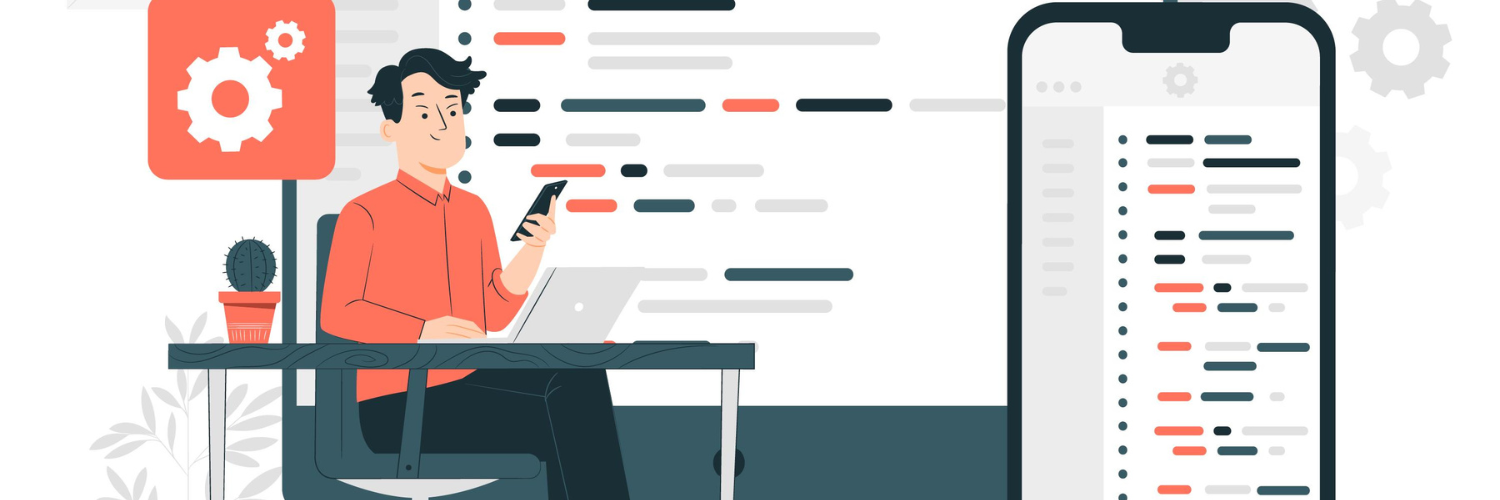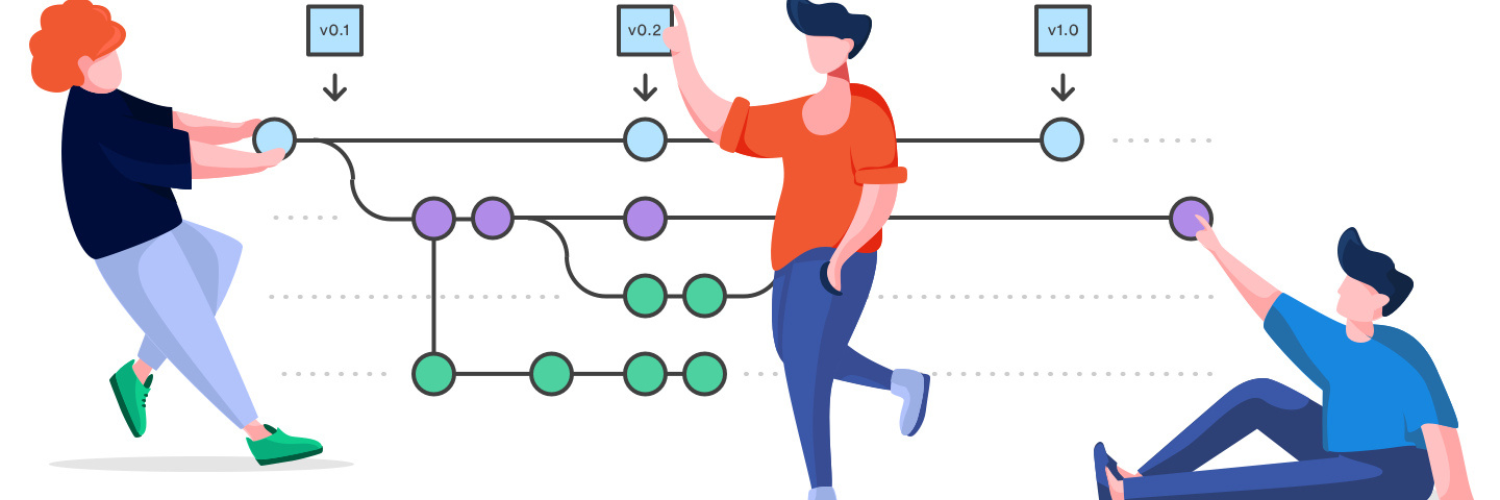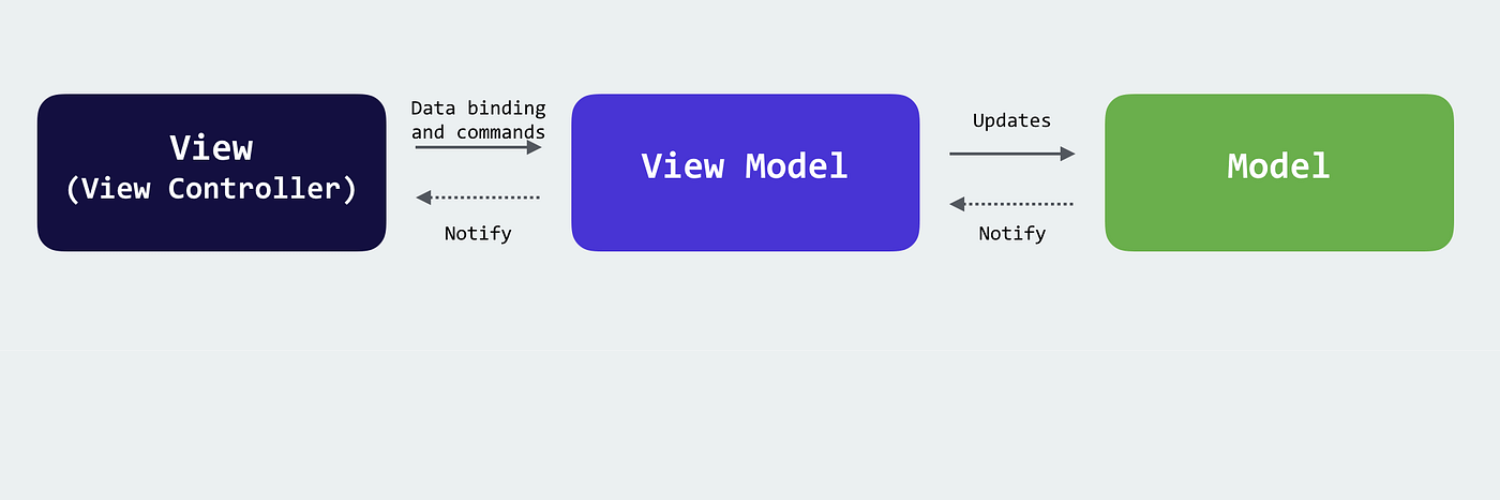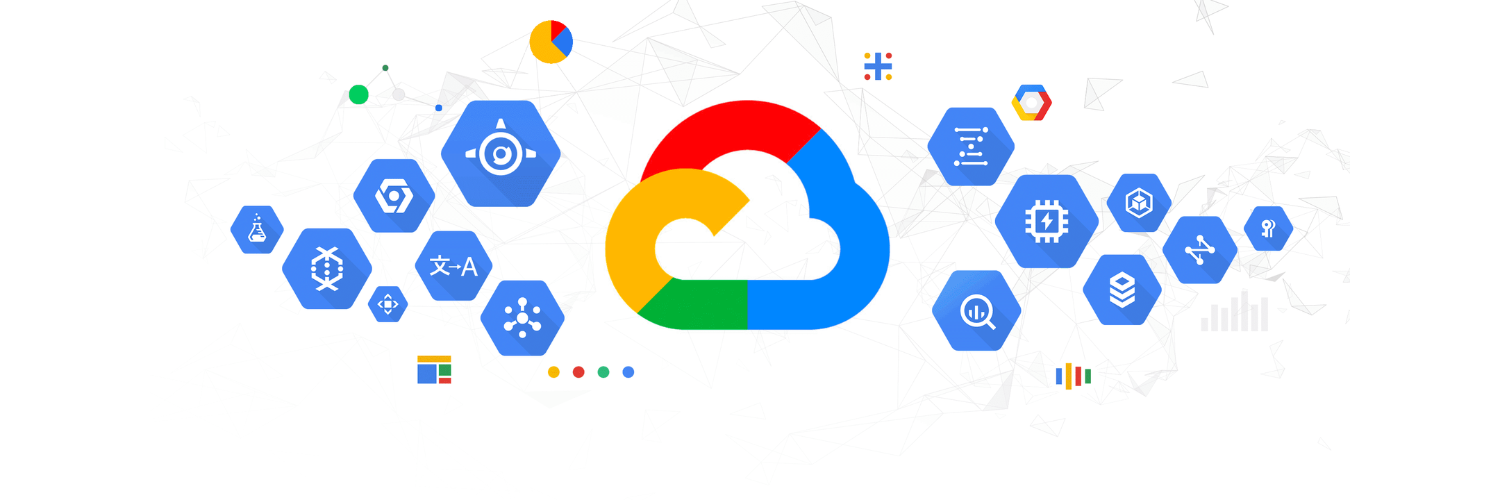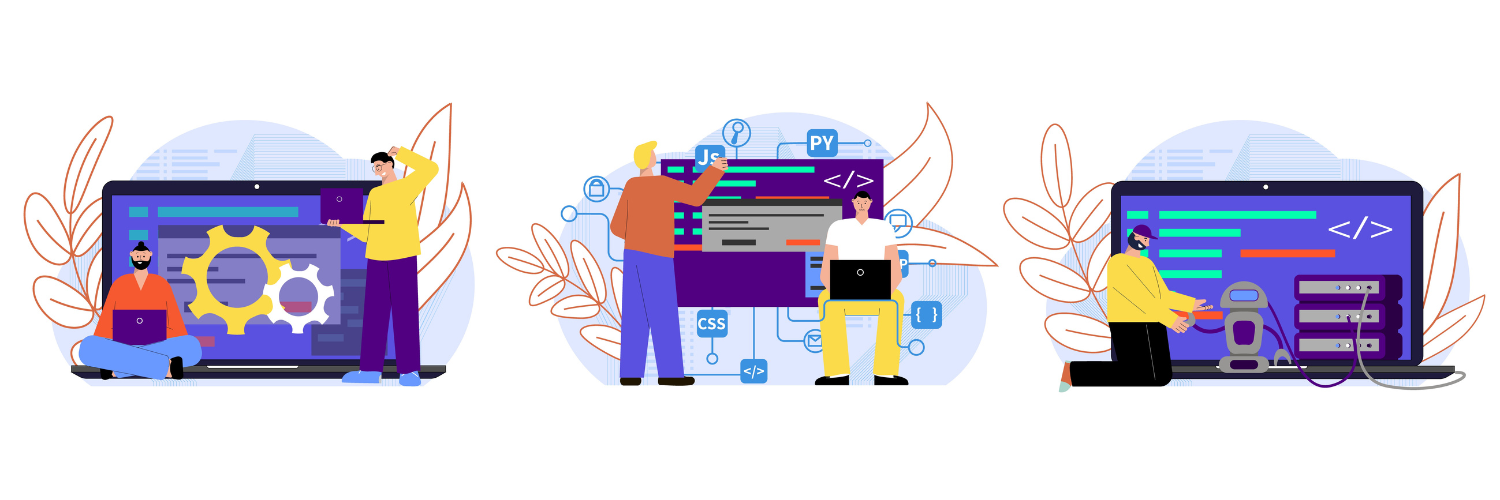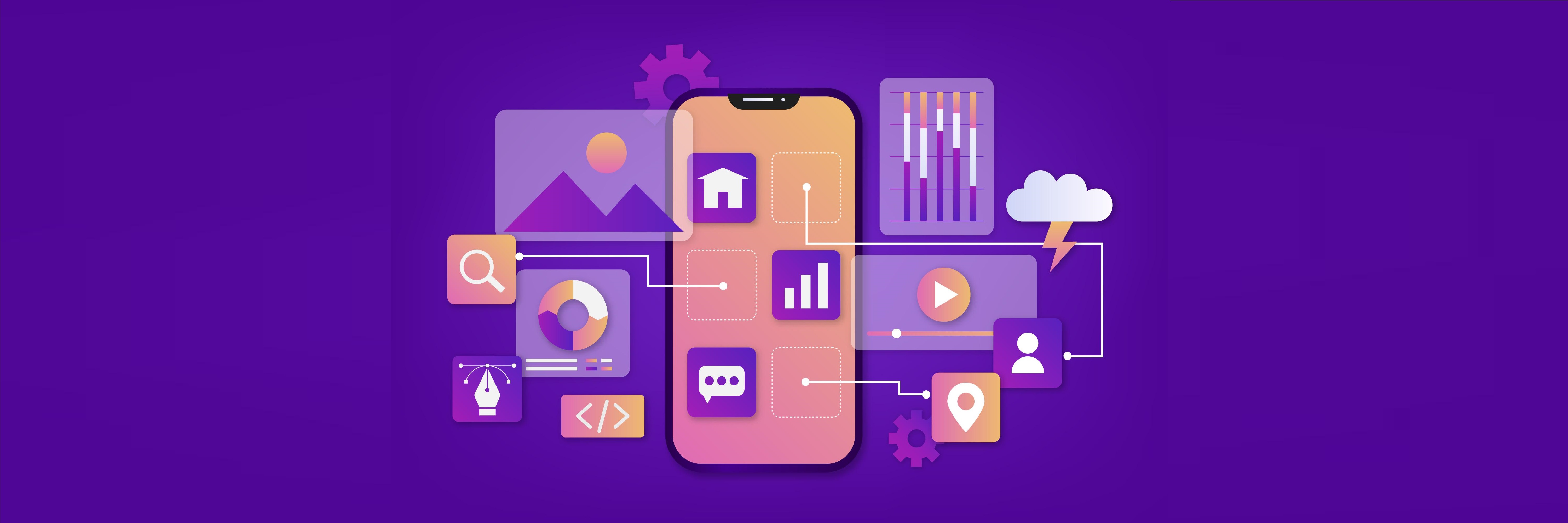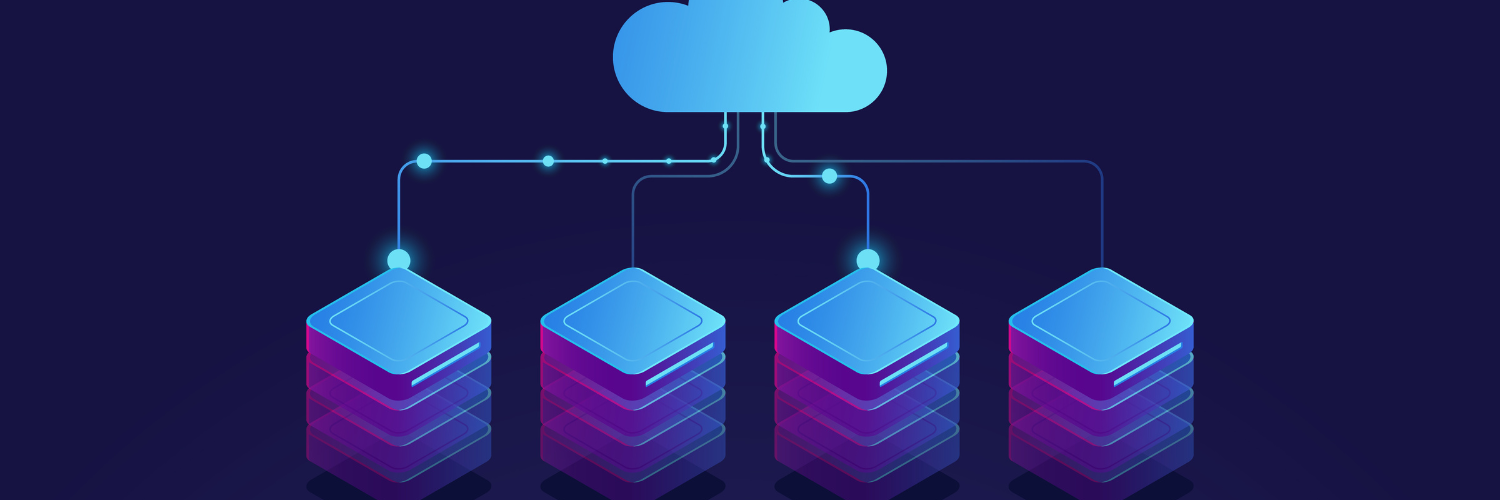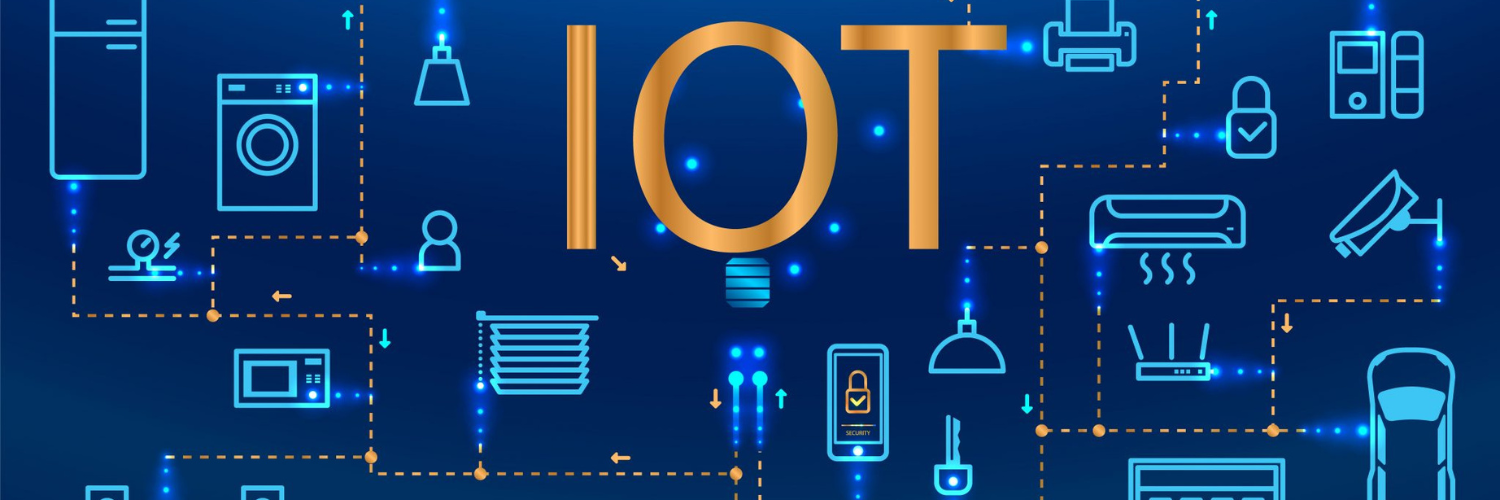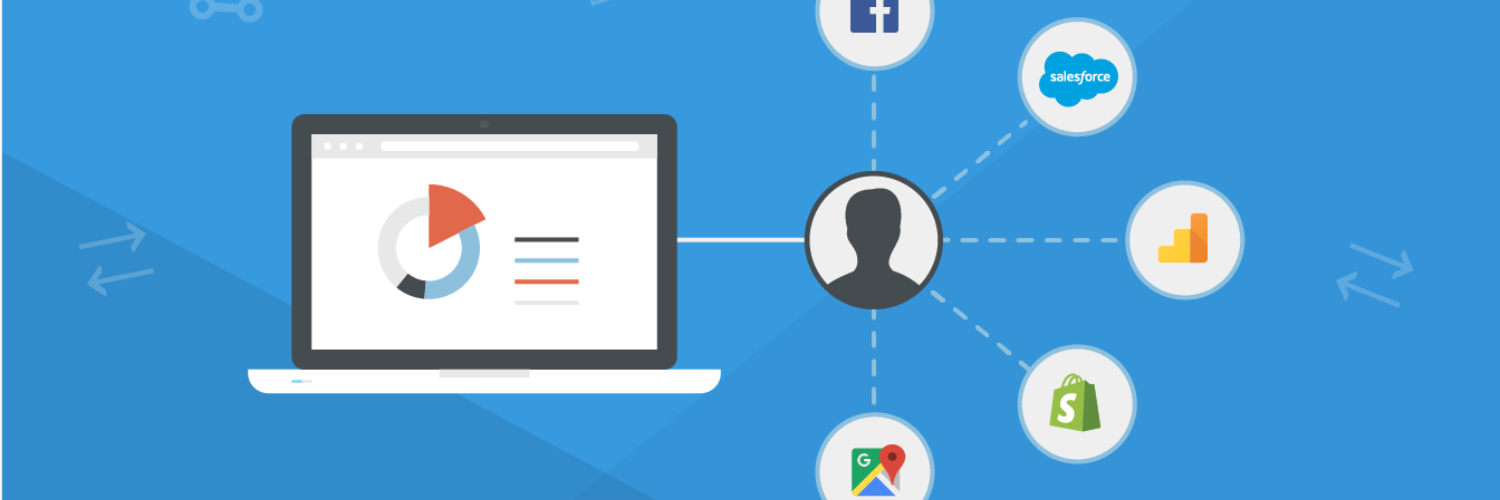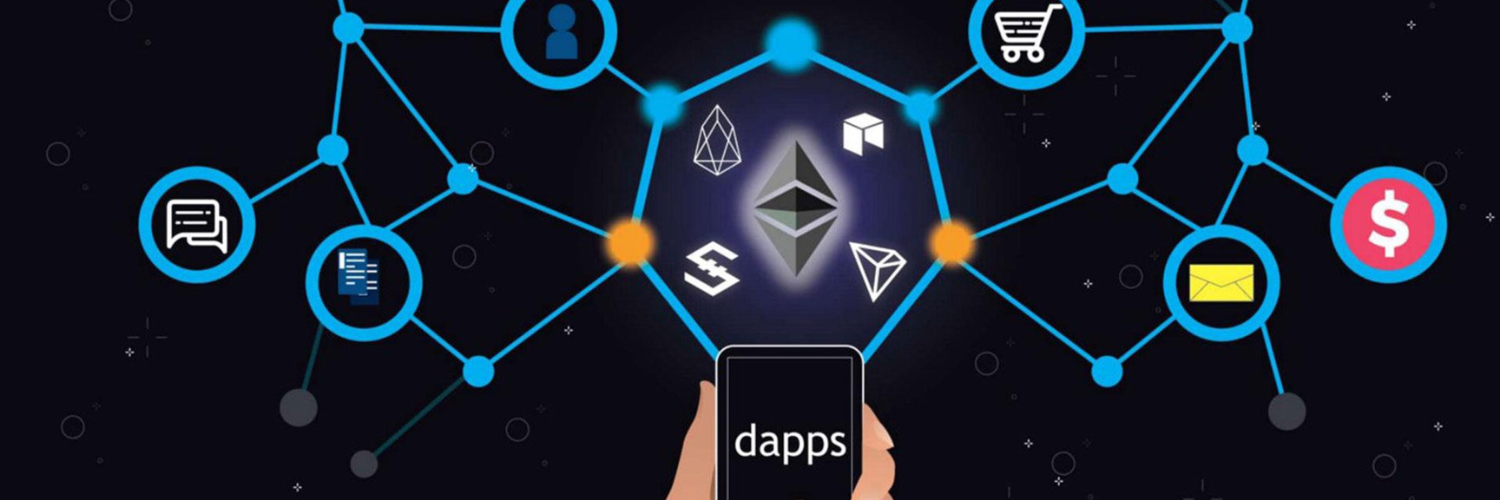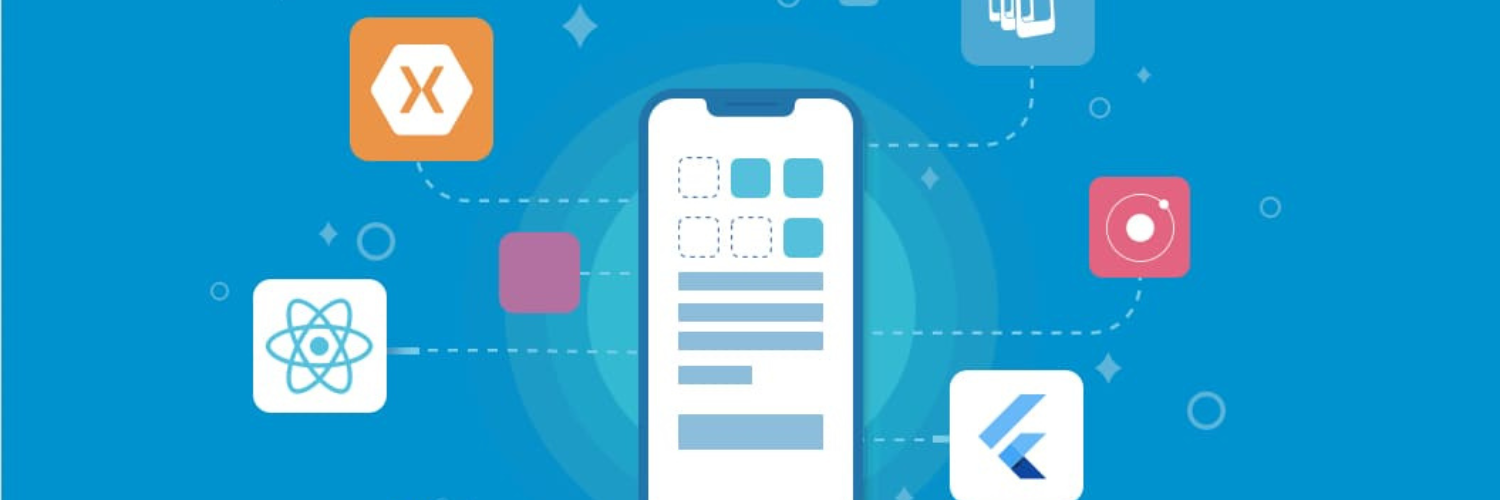In today's fast-paced business landscape, cloud computing has emerged as a revolutionary force driving efficiency and creativity. The need for dependable storage capacity and performance has become a critical problem for the majority of digital workspaces due to the exponential expansion of business mobile applications. Cloud app development has changed the game for businesses looking to improve customer experiences and increase revenue by enabling quicker data collecting, easier security and management, and the introduction of productivity-based applications. It’s a compelling solution to tackle these challenges and revolutionize the way organizations operate.
What Is Cloud Computing's Role in Mobile App Development?
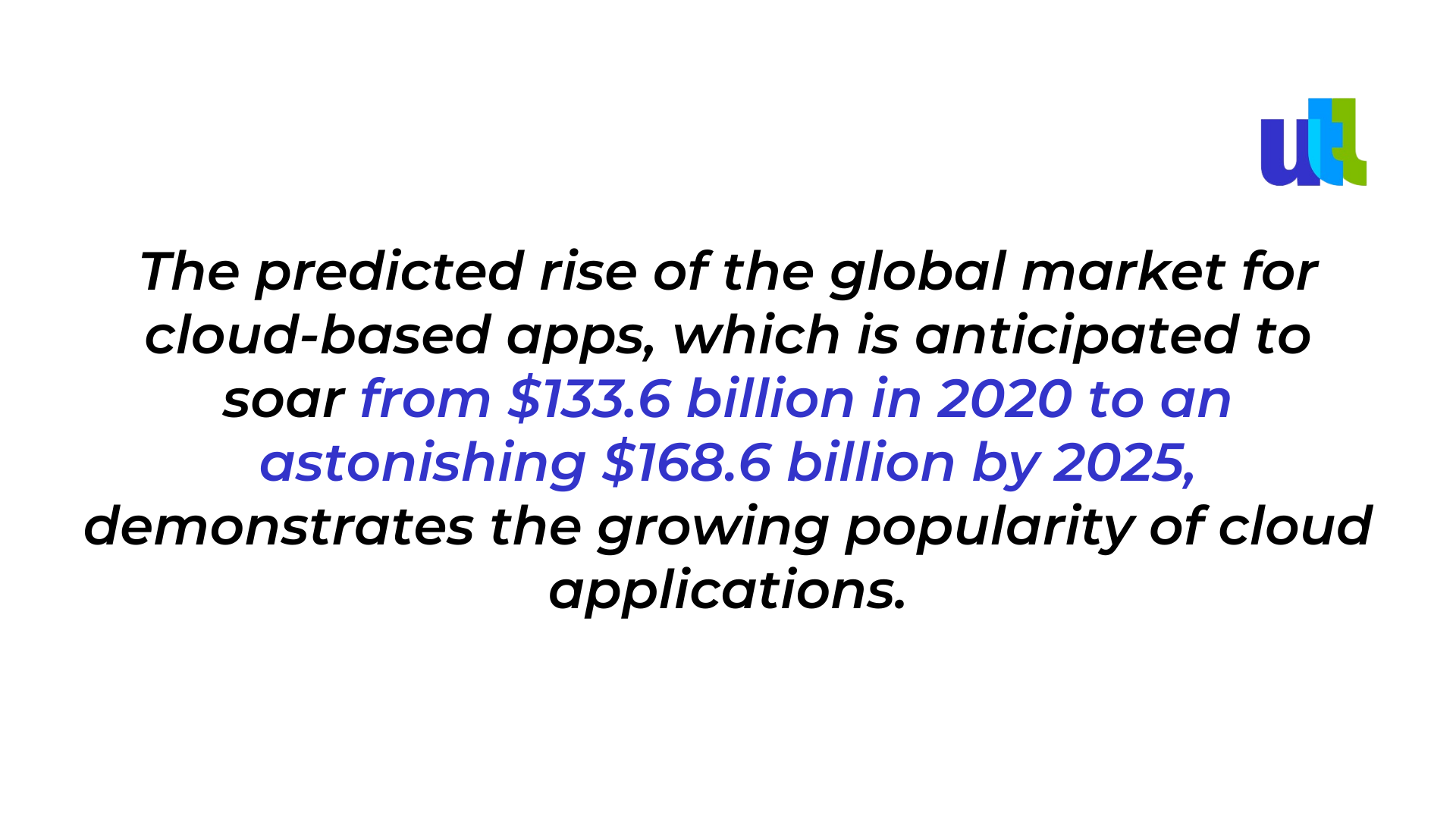
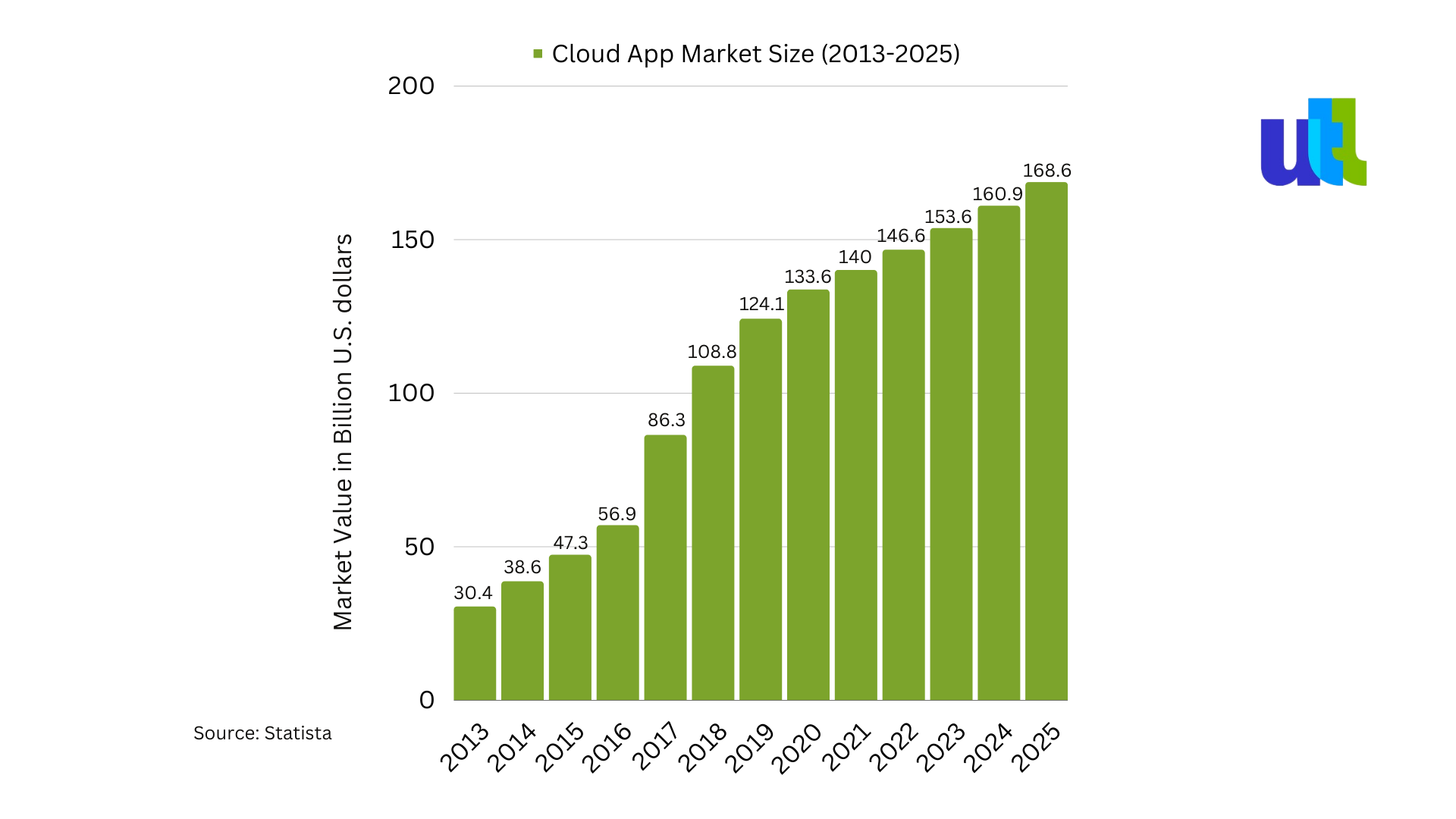
Despite its importance, the concept of cloud computing can be perplexing for many. What is the cloud, exactly? Is it a supernatural storage facility hovering above us, or is it a smart server hidden somewhere? We want to clear the air and reveal the concrete truth of cloud computing as a powerful virtual infrastructure that powers modern mobile app development.
What is cloud computing?
Innovative mobile app developers can now take advantage of the speed of remote servers and the strength of a vast network of computing resources available over the internet thanks to cloud computing. This ground-breaking method reduces the necessity for pricey hardware implementations and many difficulties that were previously common.
An application-based software infrastructure known as "cloud computing" provides a variety of computer services, including data storage, security, processing power, and application hosting. There is no need for pricey physical hardware or personal hard drives because these services are provided by remote servers that are accessible over the internet. The infrastructure, which includes sizable data centers, is owned and managed by a third-party supplier. Users can easily store, process, and retrieve their data and apps with this arrangement from any place. Additionally, as long as an internet connection is accessible, users have the freedom to scale their computer resources based on their demands, paying only for the services used.
With an astonishing yearly revenue of around $178 billion and a predicted capacity of 200 zettabytes of data storage by 2025, cloud computing's popularity is clear. Given the many advantages it provides to both users and businesses, it is deservedly popular and is an essential part of developing mobile apps.
Cloud computing is a major trend in today’s business environment
Several industry surveys claim that the growth of business mobile applications has created severe performance and storage capacity issues for more than 70% of digital workspaces.
Many companies are looking to cloud computing as the best way to resolve these problems. The construction of productivity-focused applications that improve client experiences and increase income is made possible by cloud-based application development solutions, which also provide improved data collection convenience and streamlined security and management. Additionally, cloud software development makes low-code app development possible, which helps businesses save time and money. The future of app development is in its integration with technologies like cloud computing, IoT, and AI/ML, providing conversational and seamless interactions with mobile apps, highlighting the significance of multi-experience cloud solutions.
Characteristics of a cloud-based application
Major characteristic is that data can be temporarily kept on a user's device in a cloud-based application, enabling offline access. The program refreshes and uploads the offline-generated data to the cloud storage location when the user re-connects to the internet. Schedules for backups, data optimization, compression, and encryption can all be customized by users.
Cloud applications have the advantage of being accessible from any internet-connected device, including PCs, tablets, and mobiles, removing the need for browser functionality. In addition, these applications allow simpler customization than web apps and can connect to external cloud computing services via APIs.
Types of Cloud-based solutions available for enterprises
Databases, data servers, and storage are only a few examples of the services and resources that are covered by cloud computing technology and are all controlled by third-party providers. Users can get services, resources, and space from these providers without having to worry about paying for infrastructure upkeep. These companies offer the computing resources and infrastructure on a free or paid basis.
There are four typical forms of cloud infrastructure for businesses:
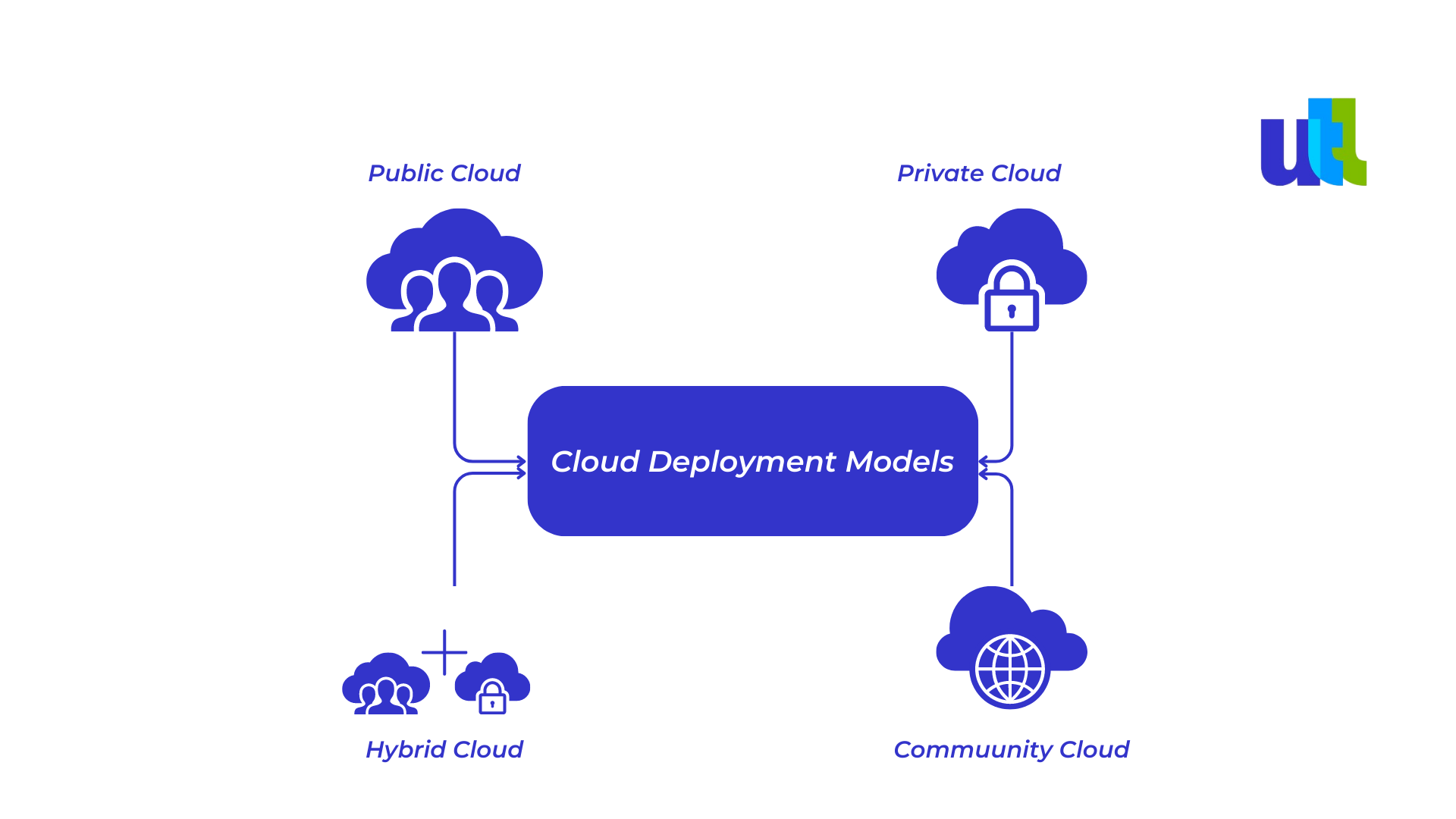
1. Private cloud - Limited to a single business or organization, private clouds provide more security control but are typically more expensive than public cloud options.
2. Public cloud - Owned and run by outside providers, the public cloud enables simultaneous use and resource sharing by numerous users. Only devices with permission can access data stored in the public cloud.
3. Hybrid cloud - This technique incorporates aspects of both public and private clouds. For optimization, it provides the distribution of information among in-app services, third-party apps, and other deployment options.
4. Community cloud - The deployment of a community cloud mimics that of a private cloud, but it involves data exchange across numerous businesses.
Benefits of Using Cloud Infrastructure
Scalability
Without the need for costly infrastructure, cloud computing enables the development of extremely scalable and effective mobile apps. To ensure seamless performance and responsiveness during traffic surges or workload changes, developers can easily alter resources as needed. It's a practical approach that makes it possible to grow apps without worrying about the supporting infrastructure.
Reducing development time
The fast-paced app development sector demands effectiveness. Traditional approaches can take 7 to 12 months, which results in missed opportunities and out-of-date software. A solution is provided by cloud computing, which accelerates development. Time-to-market is shortened by on-demand resources and built-in capabilities, guaranteeing that reliable mobile apps are supplied quickly.
Collaboration
For app developers, teamwork is crucial, and cloud computing makes it possible. No matter where they are, engineers can remotely collaborate with the help of cloud resources. This makes it possible to communicate effectively and share code, evaluate resources, and examine data, which speeds up and improves the development of apps. Cloud computing also enables teams to collaborate with independent contractors, giving them access to a varied skill pool for quicker outsourcing.
Reducing development costs
To achieve cost-effectiveness, cloud computing is essential. It eliminates the need for costly hardware and infrastructure by giving internet users access to computing resources. Additionally, cloud computing provides scalable and adaptable settings, enabling developers to effectively modify their solutions to meet consumer needs. By starting small and growing as needed, developers can reduce wasteful spending and concentrate on crucial tasks like coding, increasing profitability and quicker adaptations to changes.
App compatibility across multiple platforms
The use of the cloud for mobile app development is crucial because it has advantages beyond efficiency and cost-effectiveness. Cloud computing guarantees compatibility across numerous platforms when used in conjunction with app creation, which is essential in the current app industry. As long as there is an internet connection, developers may construct a single product that functions flawlessly on any platform or operating system by executing programs through web browsers. As a result, there is no longer a need to create unique apps for various devices. Additionally, cloud computing reduces compatibility issues that arise from downloading and installing multiple app versions. This results in faster app development and a smoother user-experience.
Challenges of cloud computing for mobile app development
With its many advantages, cloud computing is an effective tool for the creation of today's apps. Developers must be aware of and take steps to overcome the difficulties it brings in order to fully utilize its benefits. The key ones are as follows:
Data security and privacy concerns
Because sensitive user data is kept on third-party servers, data security and privacy are essential components of cloud computing. To avoid hacking and illegal access, app developers must prioritize encryption and protection. Additionally, reliable authentication techniques like multi-factor authorization are crucial for preventing data breaches and maintaining regulatory compliance.
Network dependency
High-speed networks are necessary for cloud computing to move data efficiently, but unreliable connectivity can cause lagging and buffering problems. Developers must enhance app performance to reduce the impact of network dependency during outages or bad connectivity situations in order to guarantee a flawless user experience.
Interoperability issues
Although cloud computing services provide advantages, switching to a different platform might be difficult. Because applications frequently need to be updated for different providers, there is a lack of flexibility and interoperability, which complicates the process.
Talent pool limitations
Cloud computing can be challenging and requires specific understanding for mobile app development. The current shortage of qualified cloud developers highlights the necessity for upskilling in order to fulfill market needs and assure the competent development of cloud-based apps.
Conclusion
Mobile app development relies heavily on cloud computing since it provides advantages in terms of flexibility, scalability, and cost-savings. It has become crucial for developers and companies everywhere, enabling the development of excellent, cutting-edge, and user-friendly programs. Without a doubt, cloud computing will continue to play a crucial role in deploying successful applications as mobile app development progresses.
Hire a cloud development team
Opt for a cloud development team to increase your app's success. Utah Tech Labs - a dependable cloud app development company offers quick business model analysis, cost estimation, and project planning. We assist in creating an app workflow, selecting MVP features, and designing the app concept before starting development.
For free consultation on cloud computing in mobile app development click here.
----------------------------------------------------------------------------------------------
View the full presentation:
WRITTEN BY
Milda Butkeviciute
2023-07-27








